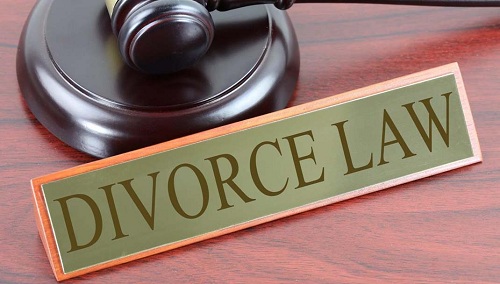Divorce Lawyer
AdvocatesWorld is a premier divorce law firm dedicated to guiding clients through the complexities of family law with compassion, expertise, and unwavering support. Our experienced attorneys specialize in divorce proceedings, custody disputes, and property settlements, ensuring that your interests are protected at every stage. At AdvocatesWorld, we combine legal acumen with a personalized approach to provide effective solutions tailored to your unique situation. Whether you’re navigating a contested divorce or seeking amicable resolution, our commitment is to achieve the best possible outcome for you and your family. Trust AdvocatesWorld to be your advocate and ally during one of life’s most challenging times.
.png)



